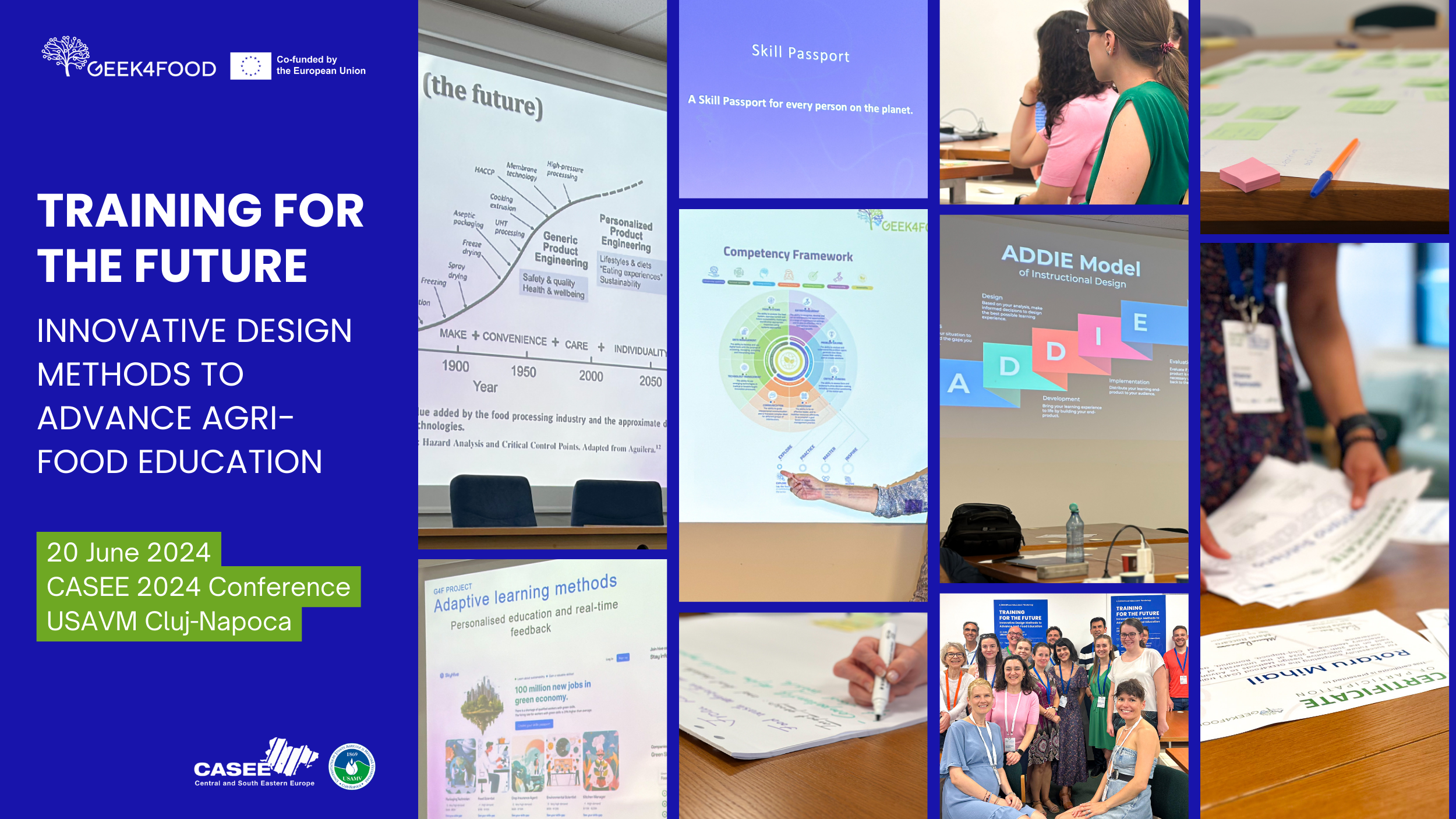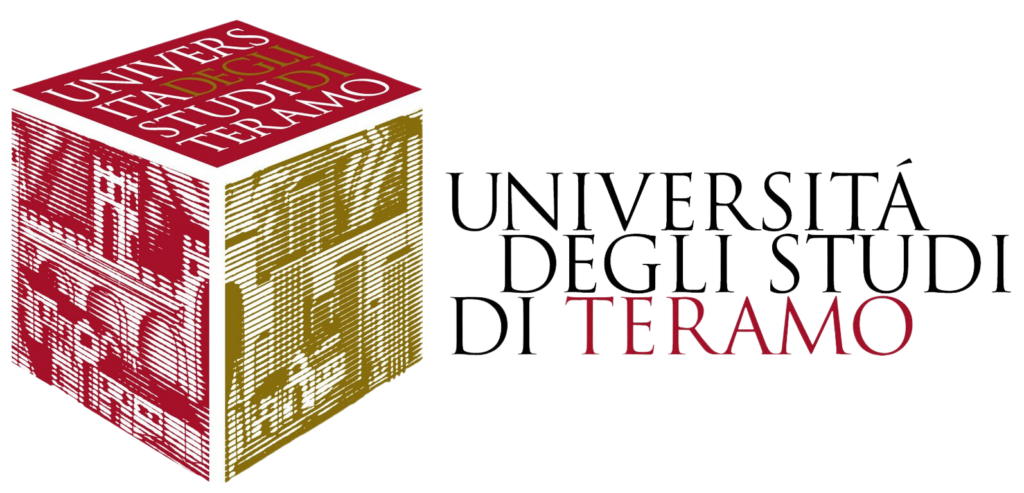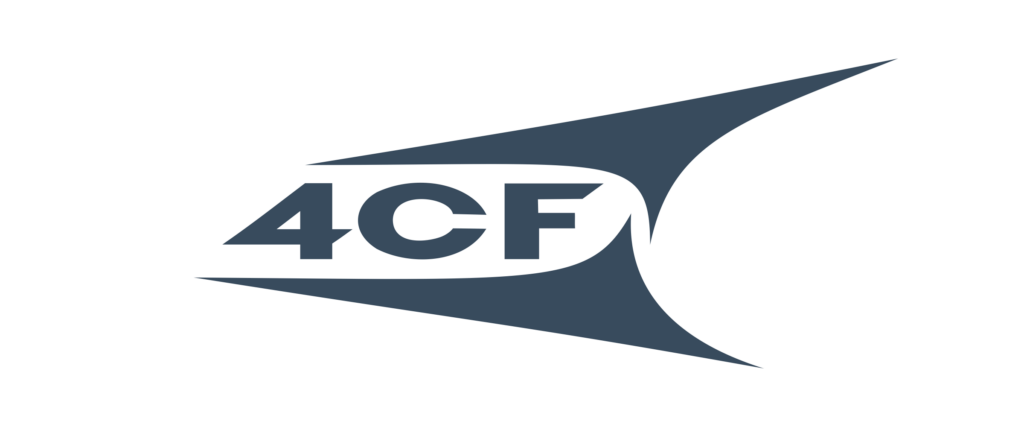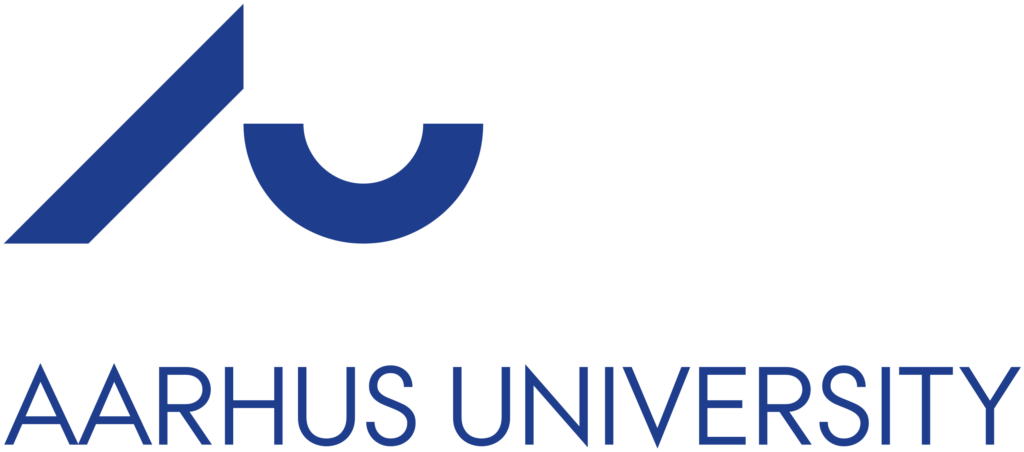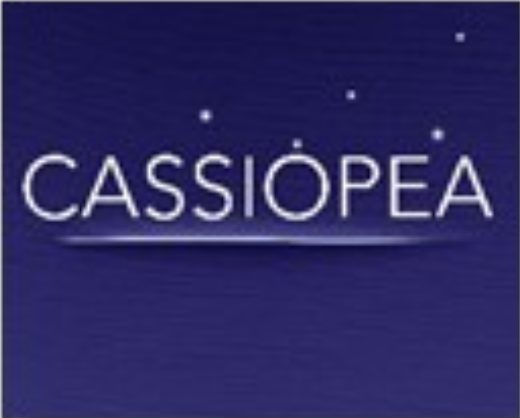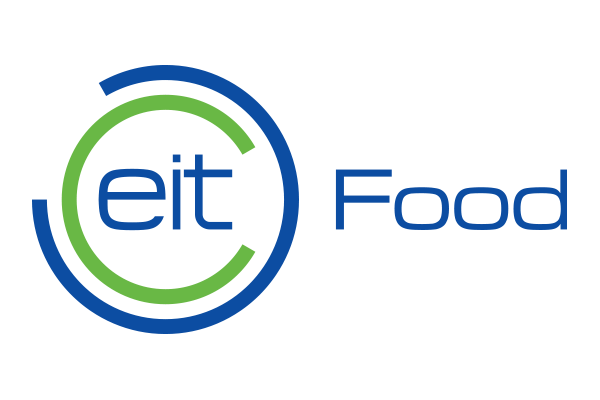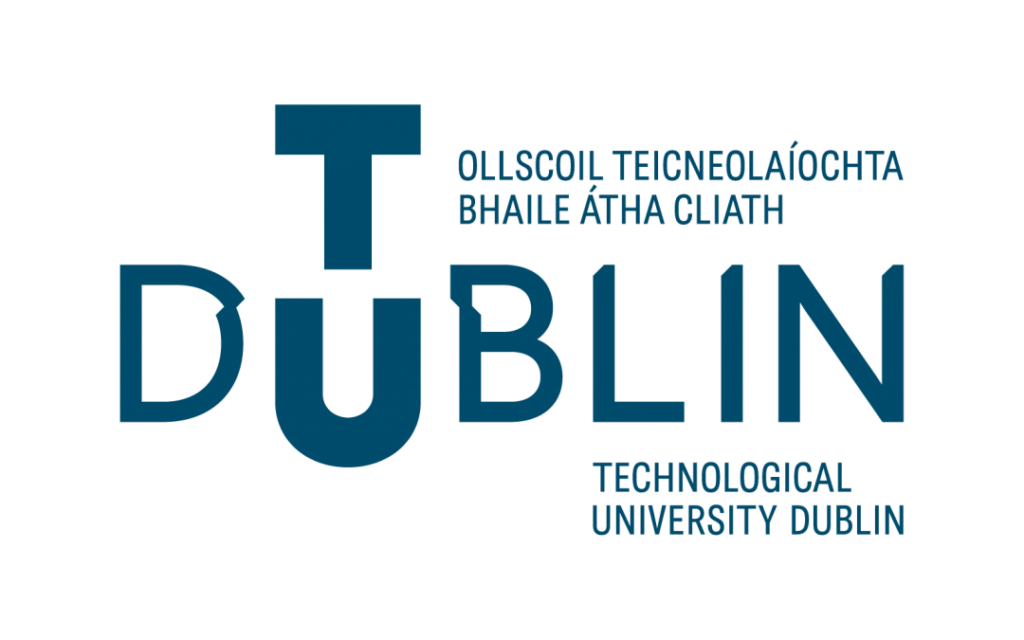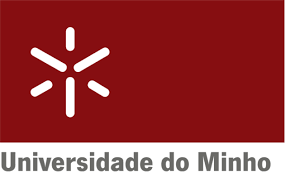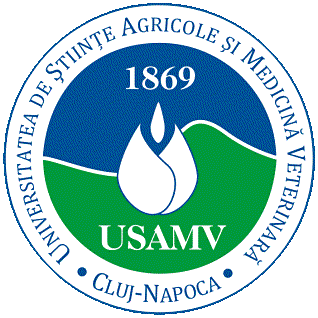A train-the-trainer model is like a teaching relay. It starts with training a select group of people who then go on to teach what they have collaboratively learned to others. In the agri-food sector, it works wonders by spreading sustainable farming and food practices. By training educators and professionals first, they can effectively teach others, making sure new, sustainable methods reach more people in an engaging and inspiring way. This approach is essential for addressing critical issues like food security and sustainability, and fostering innovation.
The GEEK4Food project hosted a train-the-trainer workshop at the University of Agricultural Sciences and Veterinary Medicine in Cluj-Napoca on June 20, 2024, to equip university lecturers, PhD candidates, postdoctoral fellows and professional trainers with innovative teaching methods to advance agri-food education.
Training for the future: Innovative design methods to advance agri-food education
In today’s fast-changing agri-food sector, skill-based education is crucial. These models focus on practical, hands-on skills that can be directly applied to real-world problems, preparing students and professionals for modern and complex agri-food challenges. By promoting critical thinking and practical learning in collaborative environments, we can all drive innovation and sustainability in the industry.
The recent GEEK4Food Training for the Future workshop embraced this philosophy, delivering an educators’ programme to promote collaborative learning and design for agri-food education.
The training delved into learning design and evaluation, making sure that teaching methods matched learning goals. Educators explored techniques like game-based learning, experiential activities, and flipped classrooms, making learning more engaging. The workshop also integrated the development of sustainable skills key for agri-food systems. Key frameworks introduced included the Green Competence Framework and the EIT Food Competence Framework, designed to help educators and professionals develop the knowledge, skills, and attitudes necessary for sustainable living and working.
An important part of the training was the introduction of the ADDIE model, a framework for instructional design involving Analysis, Design, Development, Implementation, and Evaluation. This model helps educators create effective and engaging learning experiences.
- Analysis: identifying and understanding people learning needs and goals.
- Design: co-planning the course structure and content.
- Development: co-creating educational materials.
- Implementation: delivering the course to learners.
- Evaluation: co-assessing the effectiveness of the training and making necessary adjustments.
Bloom’s taxonomy was also discussed to help set clear learning objectives, and the ABC Learning Design method was introduced to encourage interactive and student-centred learning.
The GEEK4Food AI-powered platform in development was also showcased, illustrating how technology can be used to create tailored training models for various educational and professional needs.
It’s all about the people
The workshop left educators and trainers with a wealth of new skills, methods, and ideas ready to transform how they teach agri-food subjects, offering learners a more interactive and practical learning experience.
The success of the GEEK4Food Training for the Future workshop means similar sessions will soon be held in other European countries. As we plan these new workshops, we ask ourselves: How can we keep innovating and improving our teaching methods to make sure the next generation of agri-food professionals is ready to face the challenges of sustainability and digitisation?
If you want to collaborate or just talk about new ideas, please get in touch. Together, we can make a real difference in agri-food education and build a more sustainable future.


